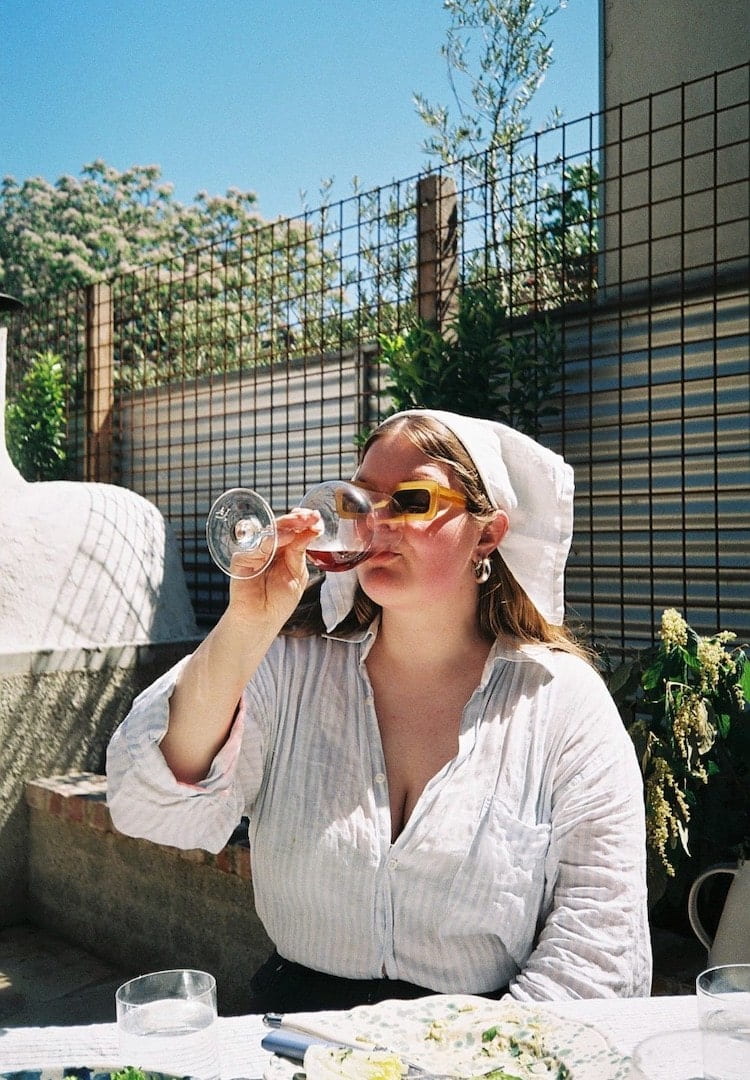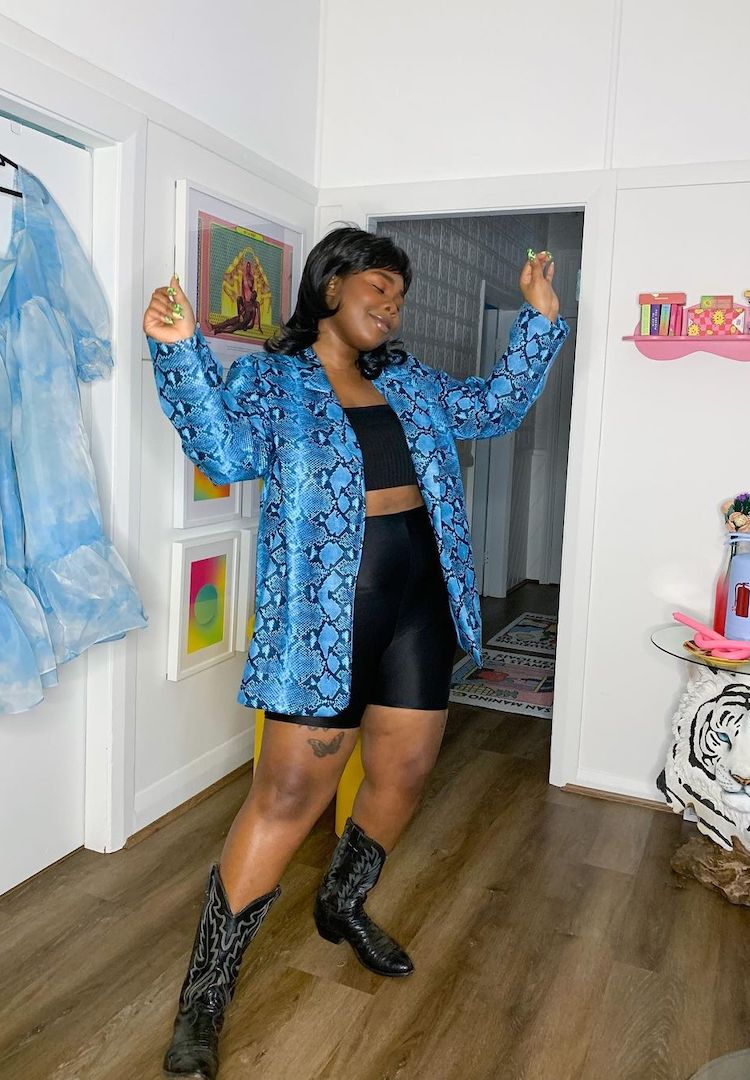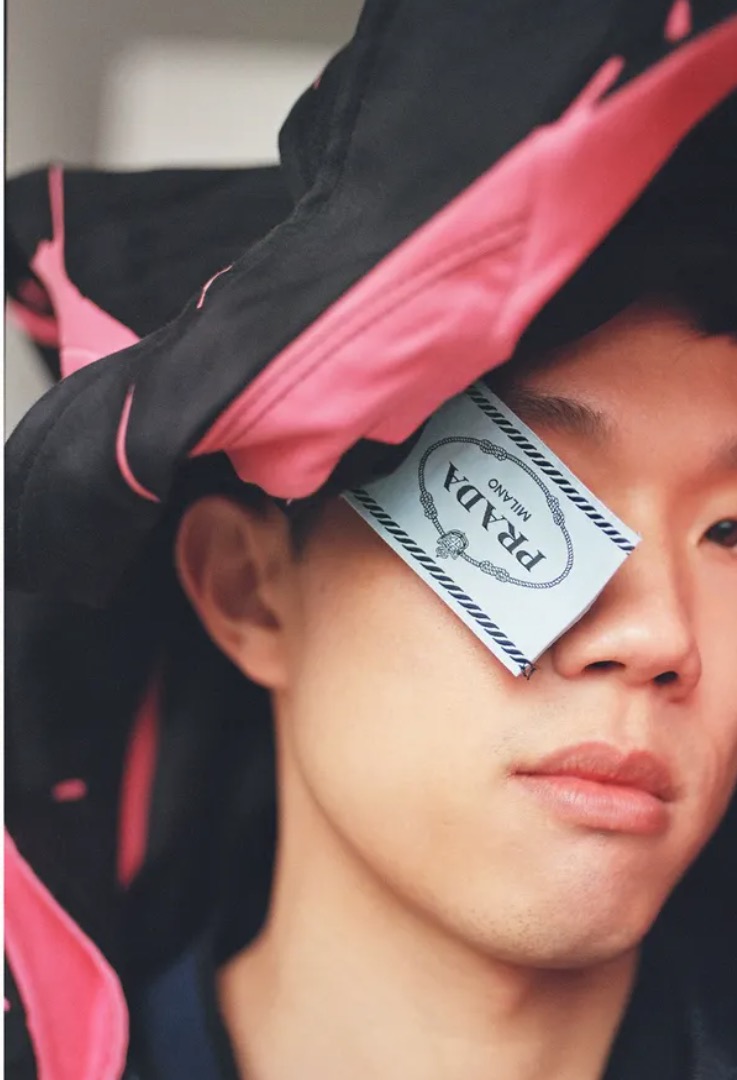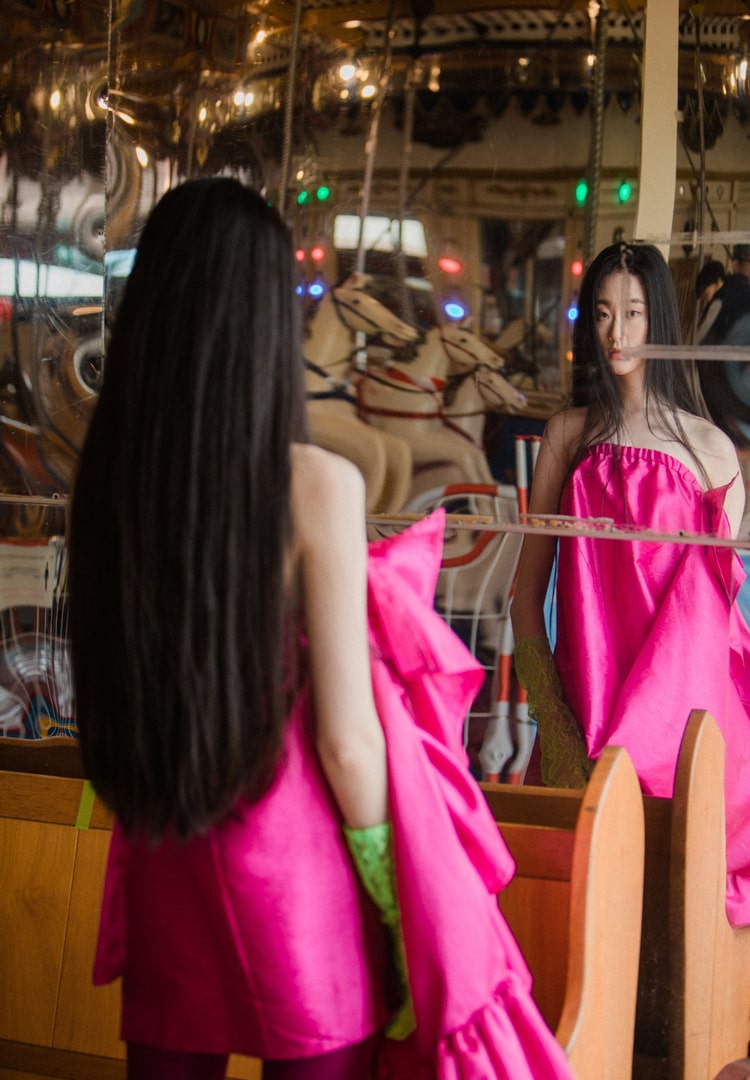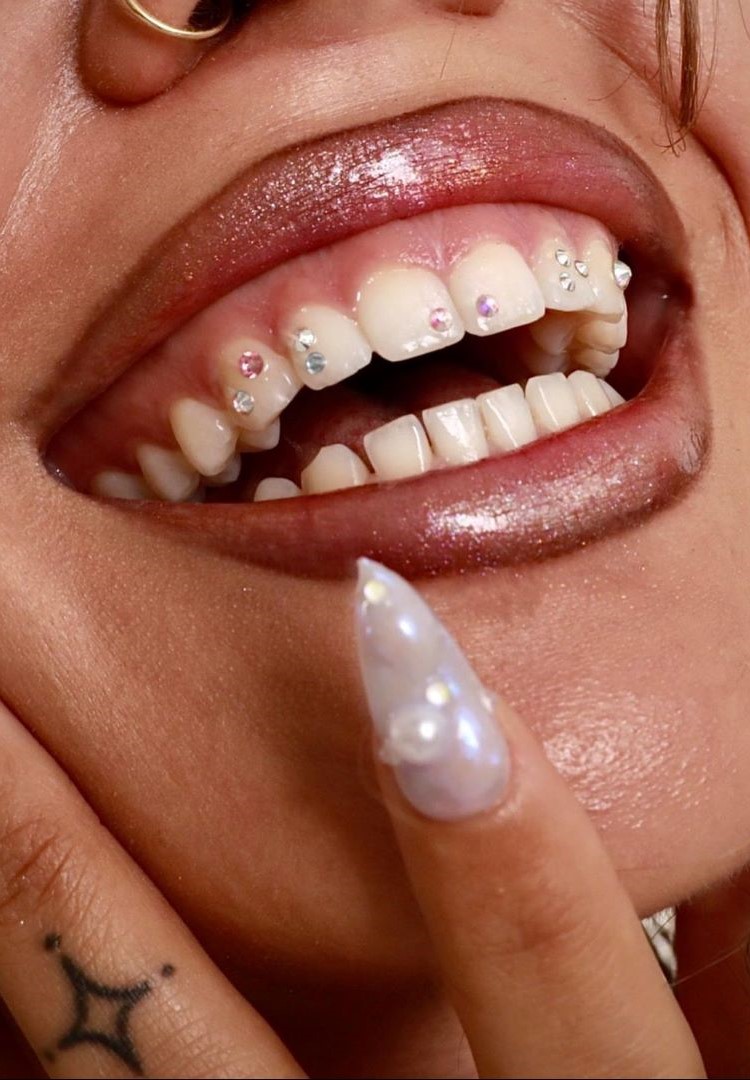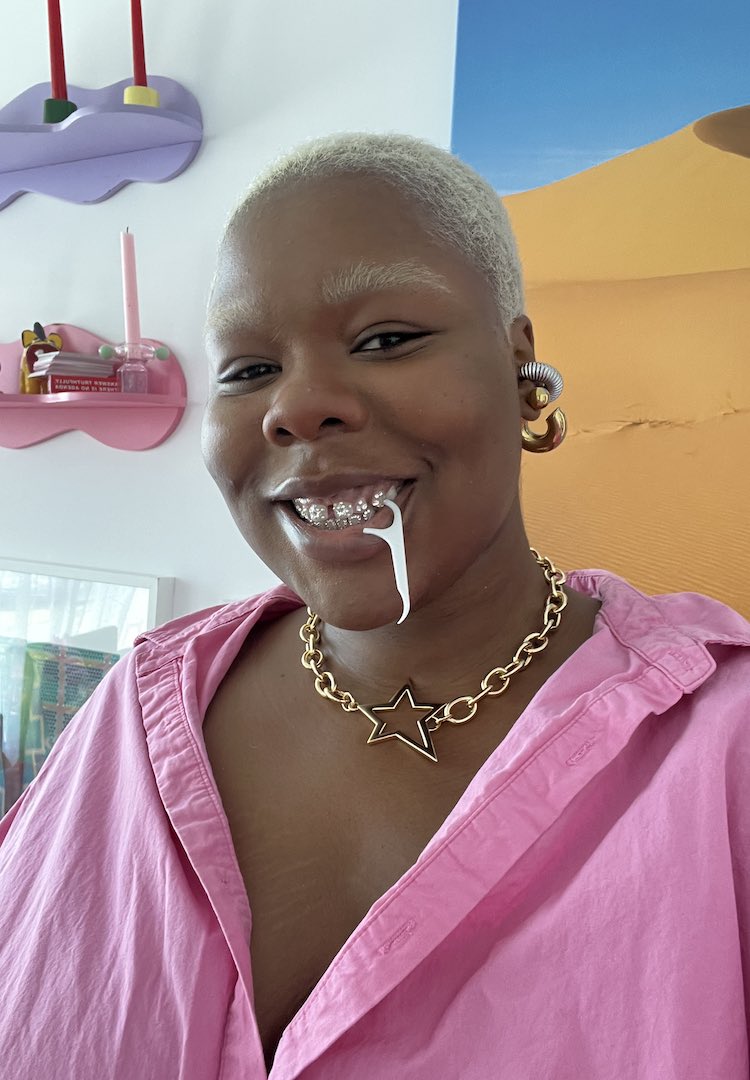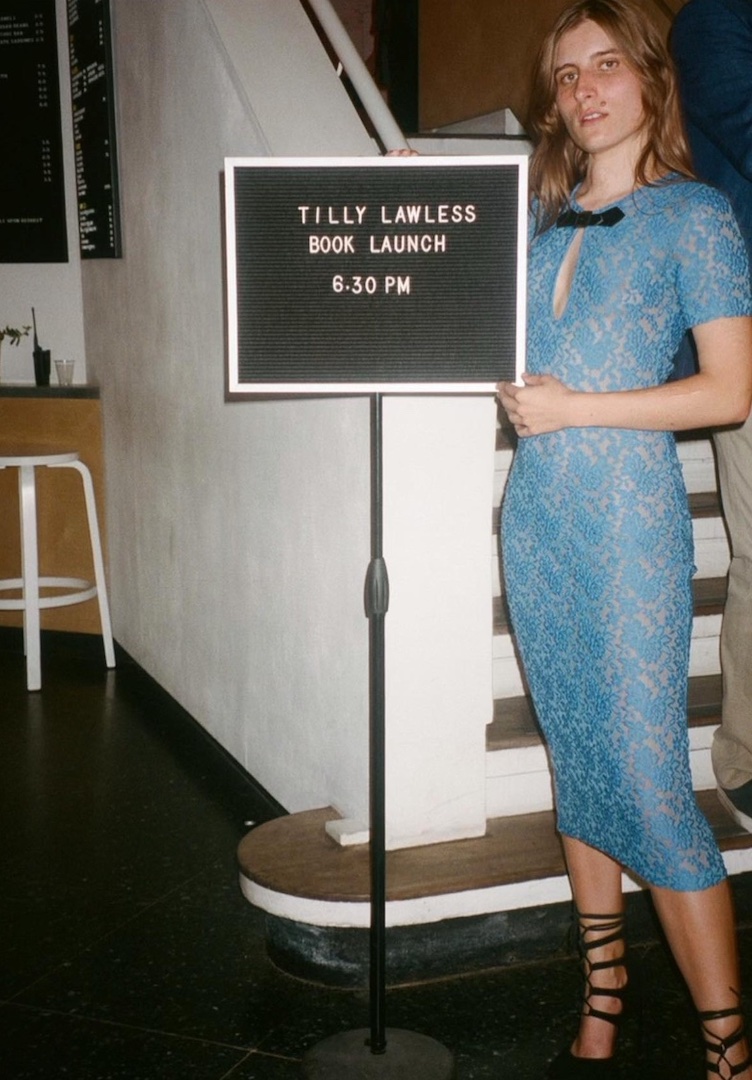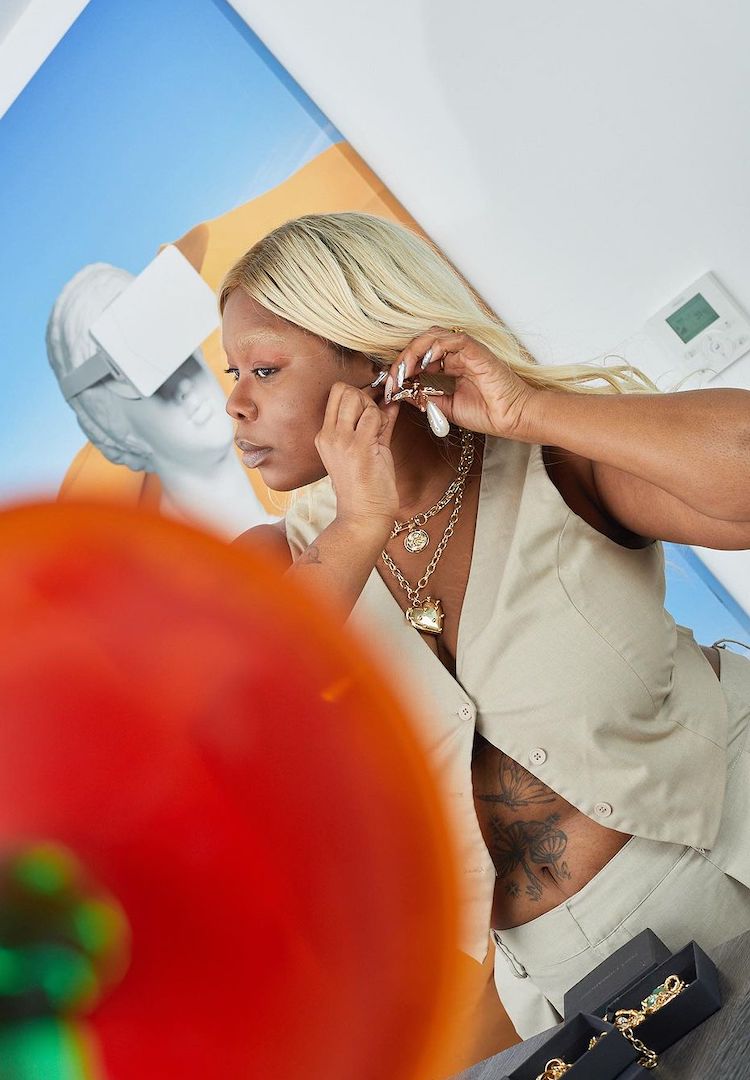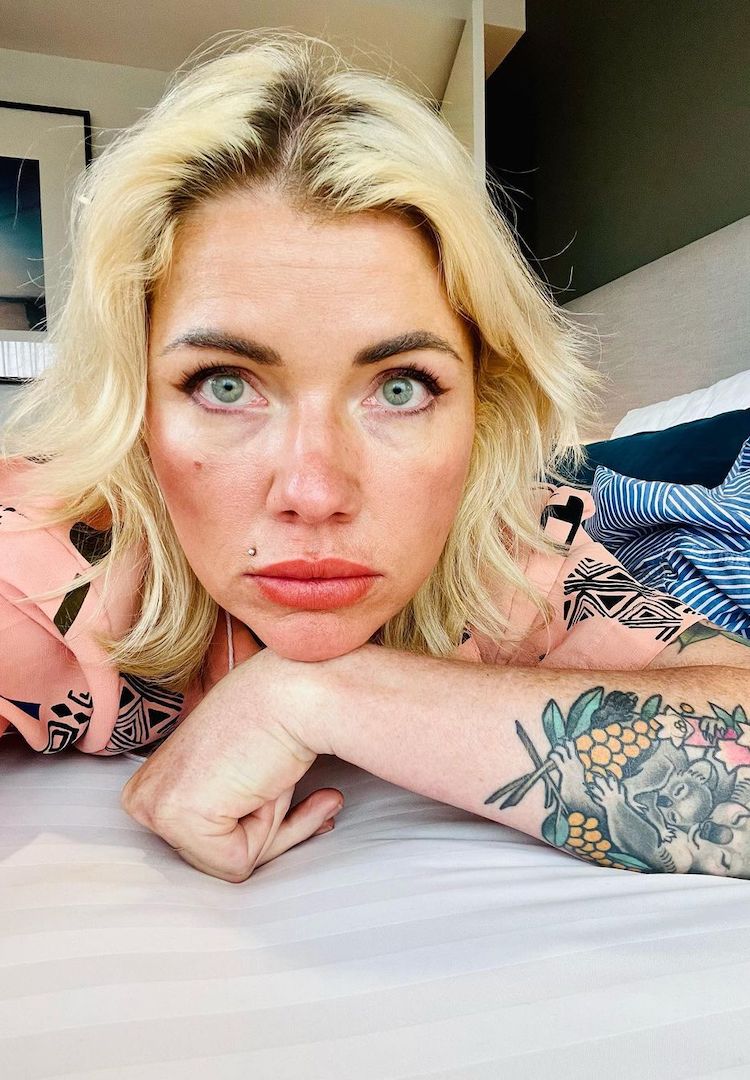Here’s how to think critically, according to Flex Mami herself
IMAGE VIA @FLEXMAMI/INSTAGRAM
WORDS BY FLEX MAMI
An exclusive excerpt on critical thinking from Flex’s upcoming book, The Success Experiment.
Being a ‘good’ critical thinker allows you to make reasonable judgements that are logical, nuanced and well-thought-out, instead of jumping to conclusions on everything based on your own experiences. This way of thinking helps you to make more effective decisions and understand yourself and others better.
On a small level, you think critically every day, so don’t be confused or overwhelmed – this isn’t actually a new concept. Every time you consciously and deliberately choose what to eat, how to get to work, what words to use when diffusing an argument with a friend, you’re thinking critically.
It’s the process of weighing your options, thinking about the impact of each and acting accordingly. To consciously think more critically when considering new information, there are a few questions you can ask yourself:
What am I looking at?
What is this information actually saying?
What information is needed to help me understand it better?
Why is this information important?
Who is impacted by this information?
Who is giving me this information, and is it biased?
Why should I listen to this person?
How do I know that this information is true?
What can I learn from this?
Imagine analysing this book using those questions as a guide. You now have to consider my perspective and how my own personal experiences and biases are skewing the information I’m giving you. What privileges do I have that can make life easier for me and harder for you? What resources do I have access to that make dreaming big a reasonable thing to do? How does my lived experience make me a credible source of information?
Suddenly this process is not just as simple as you reading a book about success. Everything I write, every lesson I recount, every anecdote I share is filtered through my own individual way of viewing the world. In the same way that how you respond to this book is going to be heavily impacted by your mindset, and how receptive you are to the information I’m sharing. I’m telling you this because it’s so vital to have a healthy level of scepticism. Be discerning about what you read and what conclusions you draw.
Now that you’re thinking critically, questioning my motivations, trustworthiness and the stuff I’m sharing, use that same curiosity to research, learn more about who I am, what I’m teaching you and make your own judgements accordingly.
Critical thinking effectively means that we avoid taking things at face value. After all, face value can often be a reflection of our biased past experience, or the ways in which we’ve been programmed by society, family or friends to view the world around us.
Imagine analysing this book using those questions as a guide. You now have to consider my perspective and how my own personal experiences and biases are skewing the information I’m giving you. What privileges do I have that can make life easier for me and harder for you? What resources do I have access to that make dreaming big a reasonable thing to do? How does my lived experience make me a credible source of information?
Suddenly this process is not just as simple as you reading a book about success. Everything I write, every lesson I recount, every anecdote I share is filtered through my own individual way of viewing the world. In the same way that how you respond to this book is going to be heavily impacted by your mindset, and how receptive you are to the information I’m sharing. I’m telling you this because it’s so vital to have a healthy level of scepticism. Be discerning about what you read and what conclusions you draw.
Now that you’re thinking critically, questioning my motivations, trustworthiness and the stuff I’m sharing, use that same curiosity to research, learn more about who I am, what I’m teaching you and make your own judgements accordingly.
Critical thinking effectively means that we avoid taking things at face value. After all, face value can often be a reflection of our biased past experience, or the ways in which we’ve been programmed by society, family or friends to view the world around us.
Applying a critical lens to our experiences reminds us that outcomes, and how we view them, can be limitless.
Barriers (physical, mental, spiritual and emotional) you come across, both in this experiment and life after, won’t always have a formulaic step-by-step response, but by thinking critically you can find a way to prepare yourself, anyway. It’s the ultimate troubleshooting skill.
As you learn to discover what you want, it’s really important to look at these things with a critical lens. Give yourself space and time to evaluate your life, problems, goals, issues, and form clear judgements, based not only on your experience and your intuition, but on an objective analysis of the information. Once those judgements are formed, they need to be re-evaluated again and again and again until you’re in a position where you feel like you’ve considered all options — that’s when you act.
You might not feel certain of your decision forever; one day you might be all in and the next day you might pivot and do a one-eighty. That’s OK, it means you’re still thinking. You can always re-evaluate after you’ve made a choice, that’s the beauty of it.
The timeline for how often you need to evaluate is something you will learn to assess on a case-by-case basis. Like most fulfilling activities, critical thinking is a process, and luckily for you, this process can be taught.
This is an edited extract from The Success Experiment by Lillian Ahenkan (Pantera Press) RRP $32.99
You can pre-order your copy of The Success Experiment here and learn more about Flex here.

